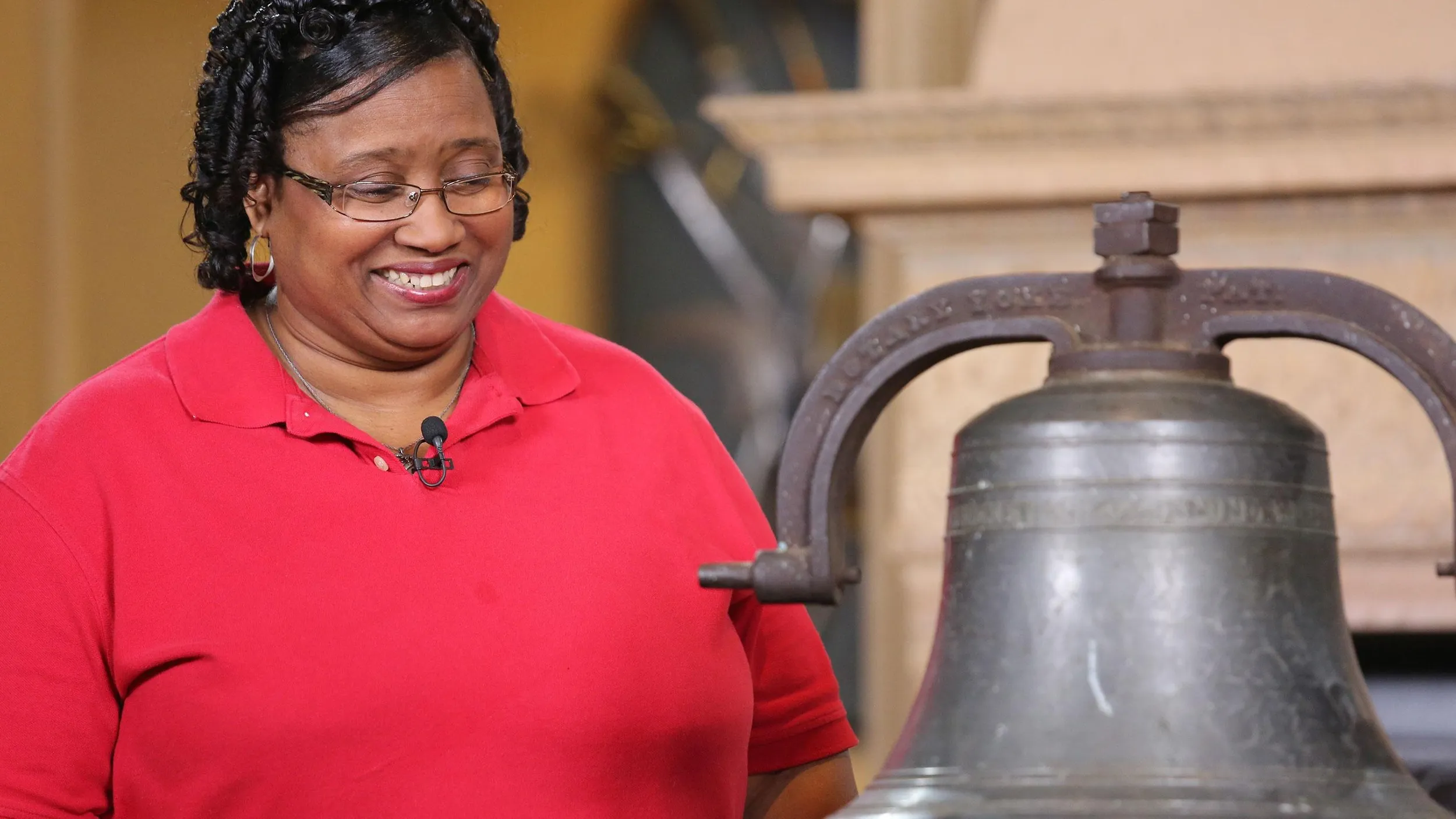GUEST: My brother was in World War II, in the Navy. And when he came to port, he would buy a lot of these things and send them to our parents. And I ended up with a lot of this stuff. I call it "stuff" because I know nothing about it.
APPRAISER: When was that?
GUEST: That was in about '42 or '43. He was over by China, in that area.
APPRAISER: Did he ever explain why?
GUEST: Well, the guy passed away, and, God love his soul, he never got to tell us about it.
APPRAISER: We're used to looking at objects where you'll see on the bottom something that says, "Made in England" or "Germany" or, in this instance, "Made in China." And, next to this, where it says "China," you see you have the, the Chinese characters over here, which, they will show us that this was made during a period of time called the Guangxu Period, 1875-1908. So we know that this was made in an earlier period of time than when "China" was written. So either your brother wrote "China" on the bottom, or it was done at his request by the shopkeeper, which is why it's so amateurishly written. The first thing we notice is the profusion of bats, colorful clouds, lotus over the entire surface. And that's purposeful, because it's meant to give you an impression of an abundance.
GUEST: Okay.
APPRAISER: An abundance of things that in China and in Chinese culture carry extra meaning, which is of long life, prosperity, and happiness.
GUEST: Does that go for me, since I have them?
APPRAISER: It sure does.
GUEST: Okay. (both laughing)
APPRIASER: The creation of these was complicated, because every color you see here-- these are called enamel colors-- they had to be fired at a lower temperature than the clay body itself. And you actually have another one of the vases, don't you?
GUEST: Yes, yes, I do.
APPRAISER: There's a pair. These were likely wedding gifts.
GUEST: Oh, right.
APPRAISER: And they would have been purchased new specifically for that purpose. Exquisite workmanship. These were made in Jingdezhen, which is the porcelain manufacturing center of China. In recent years, this type of material has become very highly sought-after by people in China-- collectors, primarily. There's a little bit of loss of gilding right here on the edge, but, overall, it's in, in really good shape. So want to venture an idea on the value just of these two?
GUEST: $500 apiece.
APPRAISER: Well, I think it's a bit more. It's going to be about $15,000 to $25,000 at auction.
GUEST: Holy Toledo! (laughing) Well! We'll take better care of them, be sure no one takes that finish off. (laughing)
APPRAISER: And with the other vase, you're probably in the $30,000 to $50,000 range at auction.



